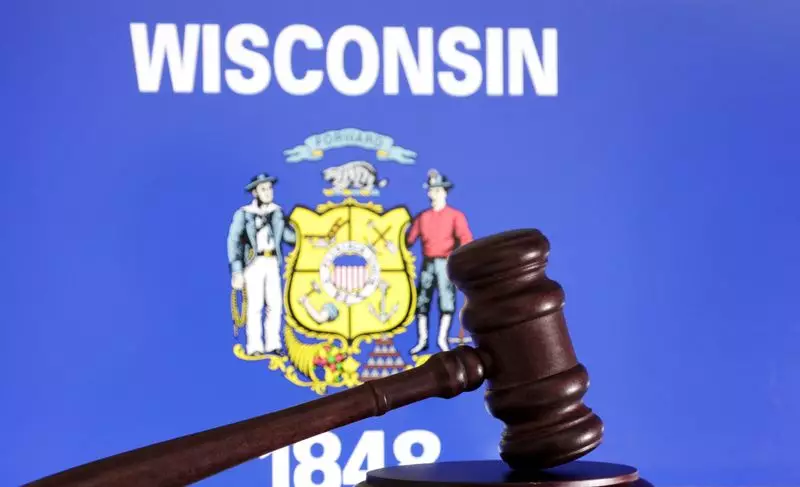The forthcoming deliberations of the U.S. Supreme Court regarding the case involving the Catholic Charities Bureau of Wisconsin potentially signal a pivotal shift in the landscape of religious exemptions from state taxation. This case emerges from a larger context—a clash between state regulations and constitutional rights, which has been a persistent debate within American judicial history. At the core of this particular dispute is the question of whether religious organizations should be entitled to exemptions from state unemployment insurance taxes based on their religious mission and activities.
Historically, Wisconsin has played a prominent role in unemployment insurance policy, becoming the first state to implement an unemployment compensation law during the Great Depression in 1932. As the country evolved, so too did the relationship between religion and government, with most states, including Wisconsin, allowing certain religious entities to circumvent taxation under particular conditions. In 2024, however, the Wisconsin Supreme Court ruled that the Catholic Charities Bureau—whose services focus on aiding diverse populations regardless of faith—could not claim such an exemption, deeming their operations to be predominantly charitable and secular.
The implications of the Supreme Court’s decision extend far beyond the immediate case at hand. Should the justices rule in favor of the Catholic Charities Bureau, it would necessitate a reexamination of how various states interpret and enact unemployment insurance laws, particularly those that intersect with religious activities. Such a ruling could establish a legal precedent that mandates states to broaden their definitions of religious exemption under the First Amendment, which unequivocally protects the free exercise of religion.
This ongoing dialogue about the First Amendment’s religious protections raises critical questions regarding the balance of power between state interests and religious freedom. The Catholic Charities Bureau argues not only for exemption based on its religious identity but also reflects a wider concern about governmental encroachment on religious autonomy and the equitable treatment of religious institutions in the public sphere. By asserting that state courts should not favor one religion over another, the Bureau highlights a fundamental principle within American democracy—that no religious group should be unduly burdened by state laws.
The struggle over religious exemptions is not new. The United States has a long-standing tradition of navigating the boundaries between church and state. Moreover, entities like the Catholic Charities Bureau have historically blurred the lines between religious and secular services, providing aid to individuals in need irrespective of their belief systems. The ruling from the Wisconsin Supreme Court deemed the Bureau’s mission non-religious in nature, which raises the question: What constitutes a predominately religious organization? This determination opens the floor for significant legal discourse surrounding the definition of religious purpose in the context of various charitable organizations.
The Wisconsin ruling additionally imposed a stringent burden of proof on the Bureau, requiring it to demonstrate the religious essence of its services beyond reasonable doubt—a bar many argue is disproportionate. Such an expectation could deter religious organizations from pursuing similar exemptions, fearing judicial interpretation of their activities as secular or charitable rather than driven by faith.
As the Supreme Court gears up to hear arguments on this matter, observers are left to ponder the potential ramifications. A decision favoring the Catholic Charities Bureau could embolden other religious organizations seeking similar exemptions, while a ruling against it may further solidify the parameters surrounding the separation of church and state.
This legal battle is emblematic of a broader societal discourse on the role of religion in public life and the extent to which expressions of faith can be recognized within secular government frameworks. It underscores a crucial tension embedded within the First Amendment, where the principles of religious freedom and government regulation continually intersect.
The outcome of this case has the potential not only to impact the Catholic Charities Bureau and Wisconsin’s laws but also to shape the future of religious freedoms and obligations across the nation. As the legal community and the public await the Supreme Court’s deliberation, the resulting decision may well echo through the chambers of justice and policy for years to come, impacting how religious autonomy is defined and understood in the context of state governance.

